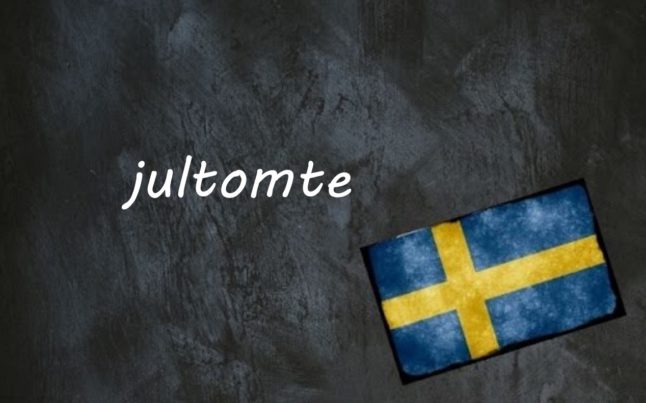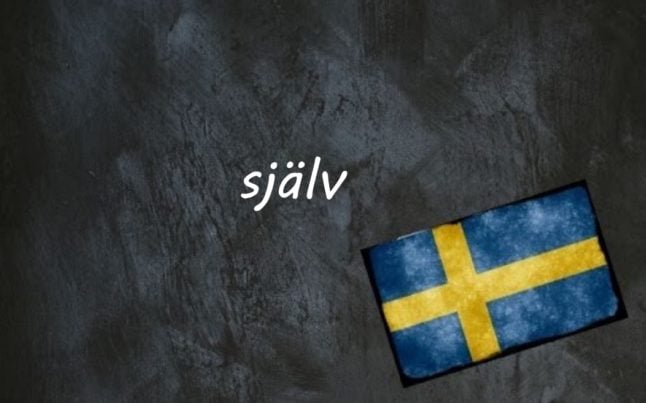In Sweden, it’s the jultomte who is the traditional bringer of gifts on Christmas Eve (not Christmas Day).
You can read more about how this mythological figure forged a firm place in Swedish festive folklore here, but if you’re curious about the linguistic history of the jultomte, read on.
The word tomte comes from the term en tomt (a plot of land). In fact, these words are both written the same way in the definite form, so tomten can mean either “the gnome” or “the plot of land” depending on how you stress the two syllables – and on context, of course.
In Nordic folklore, each tomt had a small gnome-like creature to look after the area and use its special powers to ensure good luck for those who lived there, and this creature was called a tomte.
According to some traditions, the tomte was the spirit of the very first owner of the plot of farmland, and they were generally described as resembling an elderly human man, usually with a long white beard, but smaller than a person.
You need to watch out for the tomte though, as they are believed to have a short fuse and can be vindictive, so farmers would often leave out porridge for the creature around Christmas, in order to pacify them.
And tomte is also used in several different ways in Swedish. You might jokily refer to someone with a long beard, or who performs many different practical tasks, as a tomte, and the phrase ha tomtar på loftet (to have tomtar in the attic) means to be slightly crazy.
Around Christmas time, the traditional figure of the tomte has become slightly conflated with the Father Christmas or Santa Claus of other countries to become the jultomte (Christmas tomte) who brings presents to well-behaved children. And in homes and shops across the country you’ll find small toys and models depicting the festive bearded tomte. This popularisation happened thanks to a series of poems and stories, described in more detail here.
Example sentences:
Tror du på jultomten?
Do you believe in Santa?
Jultomten är en sammanblandning av Sankt Nikolaus, Santa Claus och julbocken
The Swedish jultomte is a mix of St Nicholas, Santa Claus and the Christmas goat
Villa, Volvo, Vovve: The Local’s Word Guide to Swedish Life, written by The Local’s journalists, is available to order. Head to lysforlag.com/vvv to read more about it. It is also possible to buy your copy from Amazon US, Amazon UK, Bokus or Adlibris.



 Please whitelist us to continue reading.
Please whitelist us to continue reading.
Member comments